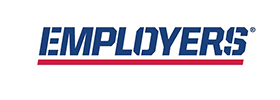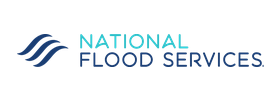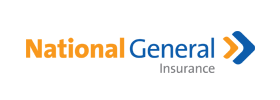Severe thunderstorms in South Carolina can bring damaging winds, hail, and lightning to your home if you’re not prepared. Here are some tips from the insurance advisors at South Carolina Federal Insurance Solutions to help you take action and minimize any impact that may occur.
Tips to prepare your home for a storm
1. Check Your Roof
Before a storm hits, take a look at your roof from the ground and see if there are any loose or missing shingles that need to be replaced. This will ensure that when the storm does hit, no water will make its way into your home through the roof.
2. Trim Trees and Bushes
Storms often bring high winds with them, so it is essential that trees and bushes around your house are trimmed up so they don’t cause any damage to the exterior of your house or nearby power lines in case they break off during the storm.
3. Close Windows and Doors
Make sure to close all windows and doors during a storm so that no wind, rain, or debris makes its way inside your house. If you have shutters on windows, it’s a good idea to close them for extra protection against strong winds and flying debris. Also, move any valuable objects inside.
4. Clear Gutters:
Clogged gutters can lead to water backup which could damage the siding and roofing structures of your home. Be sure to clear out any leaves or debris before the storm hits so that it doesn’t become a problem during the storm itself.
Keep Your Insurance Updated
By following these tips, you should be able to prepare your home for an upcoming storm and help protect it from potential damage! It’s important to read your policy to learn what types of storm damage may or may not be covered. A standard homeowners policy may not cover damages caused by flooding or earthquakes. Contact us at one of our regional offices today for a no-cost review of your insurance policies!





























